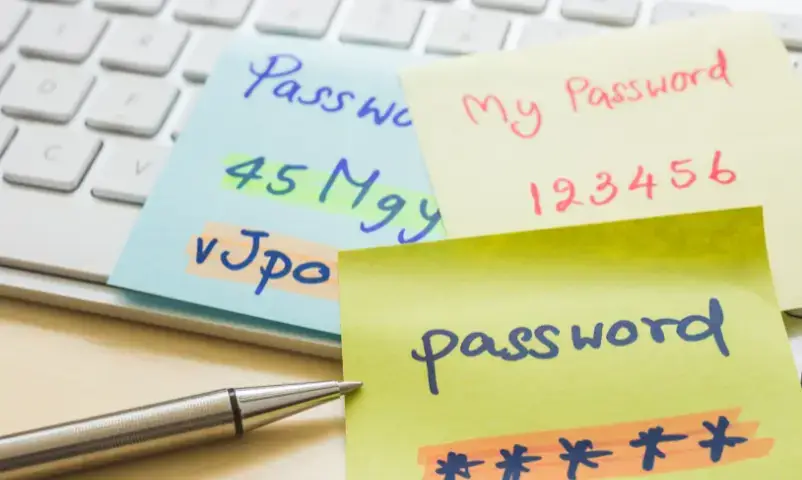Secure Your Communication: Cybersecurity Tips for Educators
June is National Internet Safety Month
As your schedule becomes more personalized and less tethered to your school or home internet networks, it’s a good idea to take a moment and review some best practices when it comes to keeping you and your communication safe and secure. Ensuring email security is crucial to protect student information and maintain trust within the educational community. It’s also just as important to understand the basic concepts of cybersecurity.
Here are some essential security tips and resources for educators to consider and explore as you launch into summer vacation.


1. Create Strong, Unique Passwords
A strong password is your first line of defense against unauthorized access. Use a combination of upper and lower case letters, numbers, and special characters. Avoid using easily guessable information, such as birthdays or common words. Consider using a password manager to generate and store unique passwords for each account securely.
PRO TIP: Use tools like www.random.org’s Random Password Generator to help keep your passwords fresh and safe.
2. Recognize Phishing Attempts
Phishing emails attempt to trick you into revealing personal information or clicking on malicious links. Be wary of emails from unknown senders or those that create a sense of urgency. Look for red flags such as poor grammar, suspicious attachments, or links that don’t match the sender’s domain. If in doubt, verify the email’s legitimacy by contacting the sender directly through a trusted communication channel.
PRO TIP: Try your hand at practicing to identify phishing attempts through the Google Phishing Quiz powered by Jigsaw.

3. Understand Cybersecurity and Have Fun Doing It
Cybersecurity is crucial for all users and educators in 2024 because the increasing reliance on digital tools and online platforms makes us more vulnerable to cyber threats. Protecting sensitive information, such as student data and personal details, is essential to maintain trust and privacy. Additionally, understanding cybersecurity helps educators create a safe learning environment and empowers students to navigate the digital world securely.
PRO TIP: Understand cybersecurity by playing Cyber Awareness Challenge by the US Department of Defense. This engaging, interactive game helps you navigate various scenarios, including email safety, ensuring you learn vital cybersecurity skills in an enjoyable and memorable way.
During National Internet Safety Month, remember to take the lead and help safeguard your communication and protect the sensitive student information you handle daily. Prioritizing cybersecurity not only protects you but also fosters a safe and trustworthy educational environment for everyone involved.
